In a historic shift of power, Botswana’s ruling party, the Botswana Democratic Party (BDP), was ousted after 58 years, with President Mokgweetsi Masisi conceding defeat on Friday.
The BDP, which has governed since the country’s independence in 1966, suffered a landslide loss attributed largely to mounting economic challenges and a high unemployment rate exacerbated by the COVID-19 pandemic and a drop in global diamond demand.
Join our WhatsApp ChannelDuma Boko of the Umbrella for Democratic Change (UDC) is set to succeed Masisi as president, after UDC secured a parliamentary majority with more than the required 31 seats, as confirmed by the Chief Justice Terence Rannowane on state television. “I have the honour and privilege to declare him as elected president of Botswana. I congratulate you profoundly for the confidence that the people have shown in you,” Rannowane announced.
In a recorded phone conversation with president elect Boko which he posted on his social media handles, Masisi acknowledged the outcome, stating, “From tomorrow… I will start the process of handover.” He expressed his commitment to support the transition, offering Boko any guidance he may need. “We will retreat to being a loyal opposition,” he added. Boko has yet to make a public statement on the victory. He only posted on his Facebook, “change is coming.”
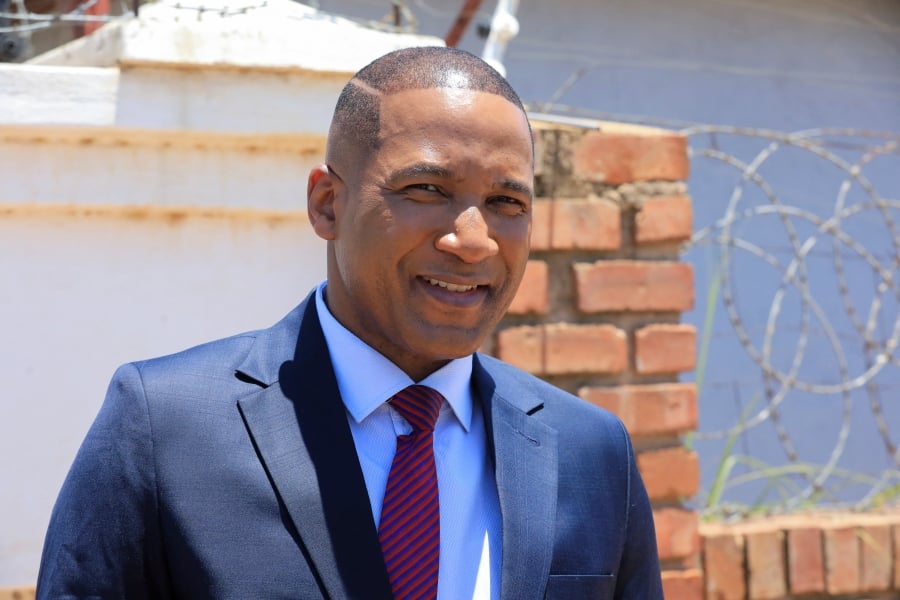
The election took place against a backdrop of rising discontent as Botswana grappled with severe economic issues. Economic growth, recorded at 2.7% in 2023, is forecasted to slow to just 1% in 2024. The unemployment rate has surged to 27%, with youth unemployment particularly severe. COVID-19’s impact on tourism and a global dip in diamond demand—the cornerstone of Botswana’s economy, accounting for over 50% of exports—have deepened economic instability.
READ ALSO: Botswana At 57: 10 Amazing Facts You Probably Don’t Know
Rural areas like Ngamiland and Kweneng East, where drought has worsened food insecurity, are among the most affected by these economic hardships, with approximately 37,000 people facing critical challenges due to water shortages impacting livestock and agriculture. Although inflation declined to an average of 3.3% in early 2024, prices of basic goods continue to rise, intensifying public frustration with the BDP’s governance.
Reflecting on the defeat, Masisi acknowledged missteps, admitting, “We got it wrong big time in the eyes of the people,” and formally accepted the election results. “We were really convinced of our message,” he said in a press conference, “but there’s no way that I can pretend that we’re going to form a government.”
Masisi’s administration had proposed economic diversification strategies focused on agriculture and tourism to address these issues, yet his efforts fell short in the eyes of voters.
More than 1 million voters registered to vote in the election.




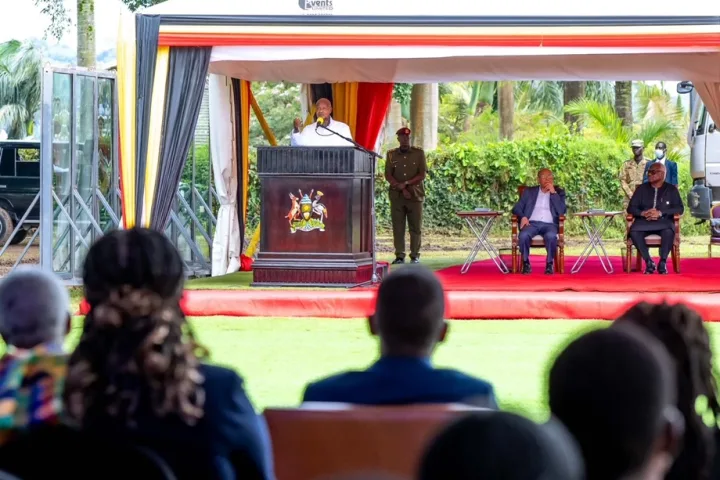
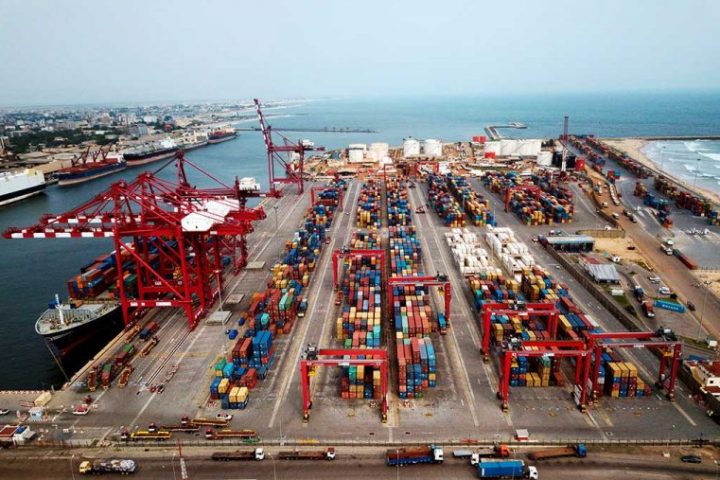








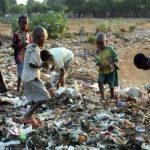
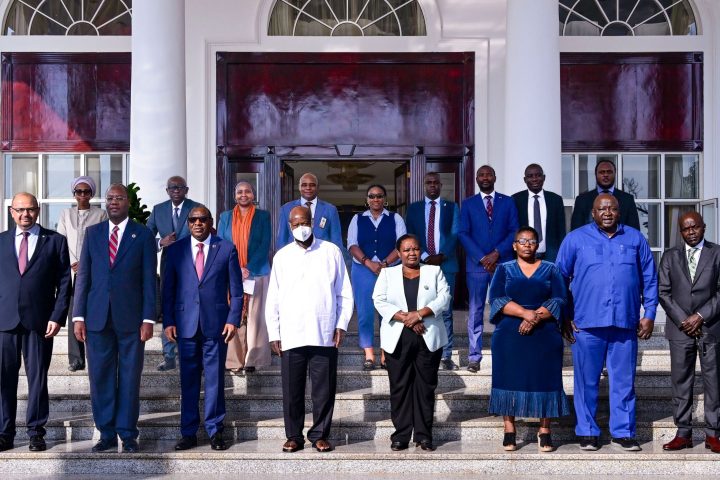

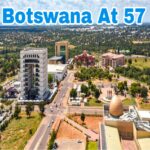
Follow Us